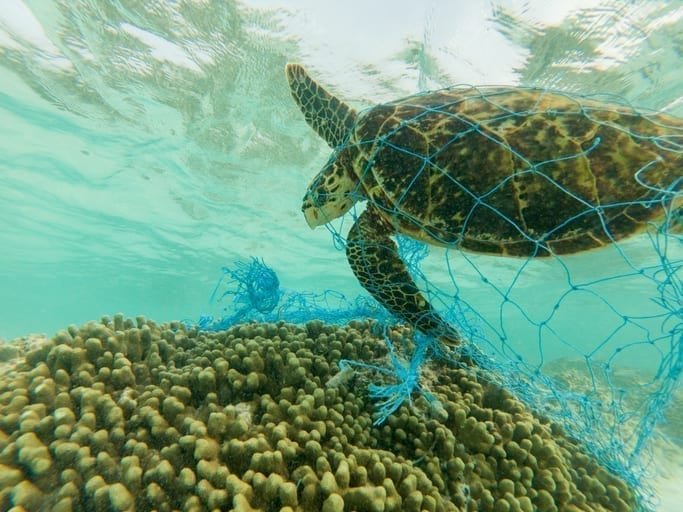This week (10 December) marks a year since UK and global audiences were moved by the plight of mammals in our oceans, caused by plastic pollution. Sir David Attenborough issued a call to action asking that our relationship with plastic change and reminding us of the value of the ocean to economies, ecosystems and communities.
The call to action, around plastics in particular, has been firmly heard and announcements are almost ubiquitous. The last year has seen many companies, multilateral organisations, NGOs, civil society organisations and individuals announce commitments, targets and personal crusades to tackle the plastics problem, encourage more responsible recycling and generally support the sustainable development of the ocean.
We’ve seen everything from straw bans and blue bonds to the Commonwealth Blue Charter, but what has been the impact?
RESPONDING TO A CALL TO ACTION
The Economist Group’s World Ocean Initiative (WOI), in its capacity as a convener of discussions between governments, business and civil society on the greatest challenges facing the seas, has gathered the thoughts of those who have responded to last year’s call to action. Here are some of the highlights.
THE CIRCULAR ECONOMY IS HERE
An area of key interest has been how to stop plastics going into oceans in the first place, highlighting the concept of the circular economy and the infrastructure behind recycling. ‘Businesses and governments around the world are increasingly recognising the need to tackle the root causes of plastic pollution, not just the symptoms’, said Dame Ellen MacArthur, founder and chair of trustees at the Ellen MacArthur Foundation. ‘In October we saw more than 250 organisations, representing over 20% of the plastic packaging market, sign up to the New Plastics Economy Global Commitment and its circular economy vision, in which we eliminate the plastic we don’t need and innovate so all plastic we do need stays in the economy and out of the ocean.’
IT’S NOT JUST ABOUT SINGLE-USE PLASTICS
This year, the issue of ‘ghost gear’ – fishing gear that has been abandoned, lost or otherwise discarded, and is the most harmful form of marine debris – has also gained profile.
‘To date, the issue of ocean plastics has traditionally been dominated by conversations surrounding single-use plastics, like straws and water bottles. But recently, new research has also amplified the far-reaching ghost gear problem, with estimates that ghost gear makes up as much as 46-70% of all macro plastics in the oceans by weight’, said Ingrid Giskes, global head of sea change campaign at World Animal Protection and Chair of the Global Ghost Gear Initiative. ‘Over the last year, the Global Ghost Gear Initiative has seen an enormous influx of members wanting to become part of the alliance; more desire than ever from governments and corporates to invest in scaling up and replicating solutions and United Nations bodies wanting to support training and awareness raising to prevent more gear from being lost.’
EVERYONE FROM CONSUMERS TO LARGE CORPORATES IS ENGAGED
‘We’re reshaping how we shop, cook and eat as we become increasingly mindful of the effect on the planet’, said Tor Harris, head of CSR, health & agriculture at Waitrose & Partners. ‘Our research in this year’s Food & Drink Report has shown that nearly nine in 10 people (88%) who saw that episode of BBC’s Blue Planet II about the effect of plastics on our oceans have changed their behaviour since. 60% of us now choose a refillable water bottle and coffee cup more than we did, and Waitrose has seen an 800% increase in questions about plastics from customers. This is why we’ve recently brought forward our target to make all our own-brand packaging widely recycled, reusable or home compostable from 2025 to 2023. We know there is still more to do, but we are making progress and are determined to maintain our momentum.’
 Play Video about This Rock Might Just Save The World
Play Video about This Rock Might Just Save The World Play Video about Play 2 hours of rock
Play Video about Play 2 hours of rock Play Video about Play 2 hours of brook
Play Video about Play 2 hours of brook Play Video about Play 2 hours of sheep
Play Video about Play 2 hours of sheep











































